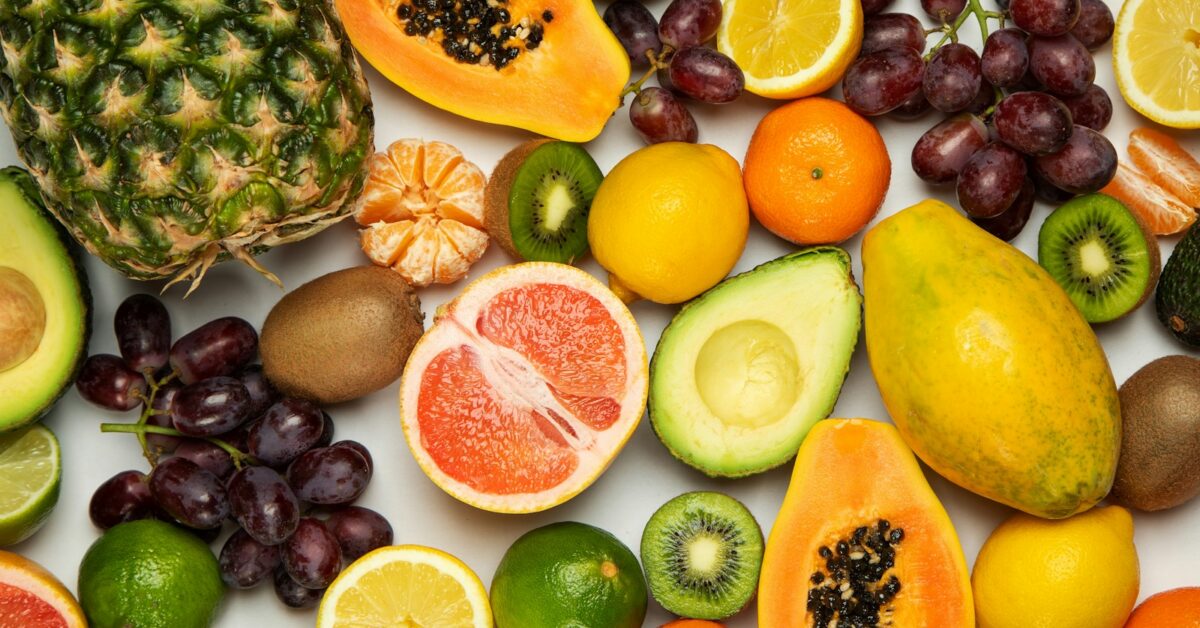Is Olive Oil Vegan?
Olive oil is a widely used and highly regarded cooking oil that is derived from the fruit of the olive tree. It is known for its numerous health benefits and its versatility in the kitchen. However, for those following a vegan lifestyle, there may be some concerns about whether olive oil is truly vegan. In this article, we will explore the vegan status of olive oil and delve into the factors that determine its classification.
Understanding Veganism
Veganism is a lifestyle that seeks to exclude the use of animal products for ethical reasons. Vegans avoid consuming or using any products derived from animals, including meat, dairy, eggs, and honey. They also avoid products that involve animal testing or exploitation. With this in mind, let’s examine whether olive oil aligns with vegan principles.
Production Process
The production process of olive oil involves the extraction of oil from olives, which are fruits. Unlike animal-based oils, such as lard or tallow, olive oil is plant-based and does not involve the use of animals in its production. Therefore, from a production standpoint, olive oil can be considered vegan-friendly.
Animal By-products
One aspect that may raise concerns among vegans is the potential presence of animal by-products in olive oil. However, the extraction process of olive oil does not typically involve the use of animal by-products. The olives are mechanically pressed or processed to extract the oil, without the need for any animal-derived substances. Therefore, olive oil is generally free from animal by-products.
Contamination and Cross-Contamination
While the production process of olive oil itself may not involve animal products, there is a possibility of contamination or cross-contamination during processing or packaging. This can occur if the same equipment is used for processing both animal-based products and olive oil, or if the oil is stored in containers that have previously held animal products.
To ensure the vegan status of olive oil, it is important to look for certifications or labels that indicate it is free from cross-contamination. Some olive oil producers may obtain certifications, such as Vegan Society or Certified Vegan, to assure consumers that their products are vegan-friendly.
Alternatives to Olive Oil
For those who prefer to avoid any potential risks of cross-contamination, there are alternative oils available that are explicitly labeled as vegan. These oils are produced in facilities that are dedicated solely to plant-based products, minimizing the risk of contamination. Some popular vegan cooking oils include:
- Coconut oil
- Avocado oil
- Sunflower oil
- Sesame oil
- Canola oil
Conclusion
Olive oil, in its pure form, is considered vegan-friendly as it is derived from the fruit of the olive tree and does not involve the use of animal products. However, there is a possibility of contamination or cross-contamination during processing or packaging, which may compromise its vegan status. To ensure that the olive oil you choose is vegan, look for certifications or labels that indicate it is free from cross-contamination. Alternatively, you can opt for explicitly labeled vegan cooking oils as an alternative. Ultimately, the choice of whether to include olive oil in a vegan diet is a personal one, based on individual beliefs and preferences.
